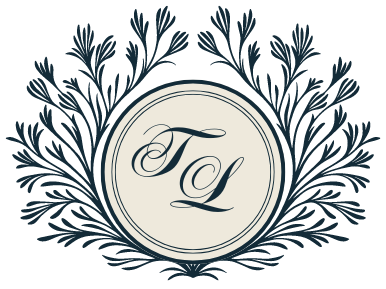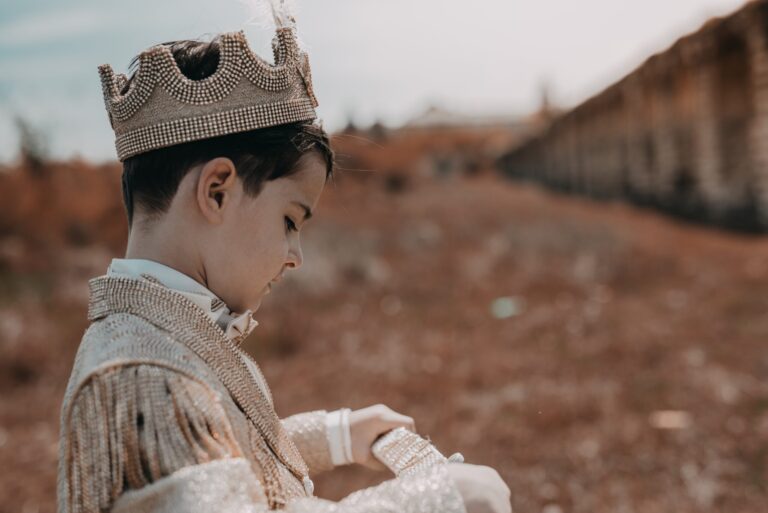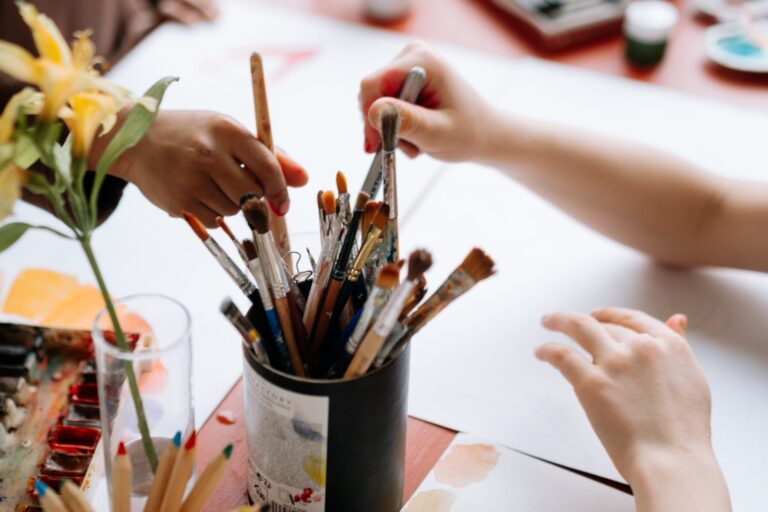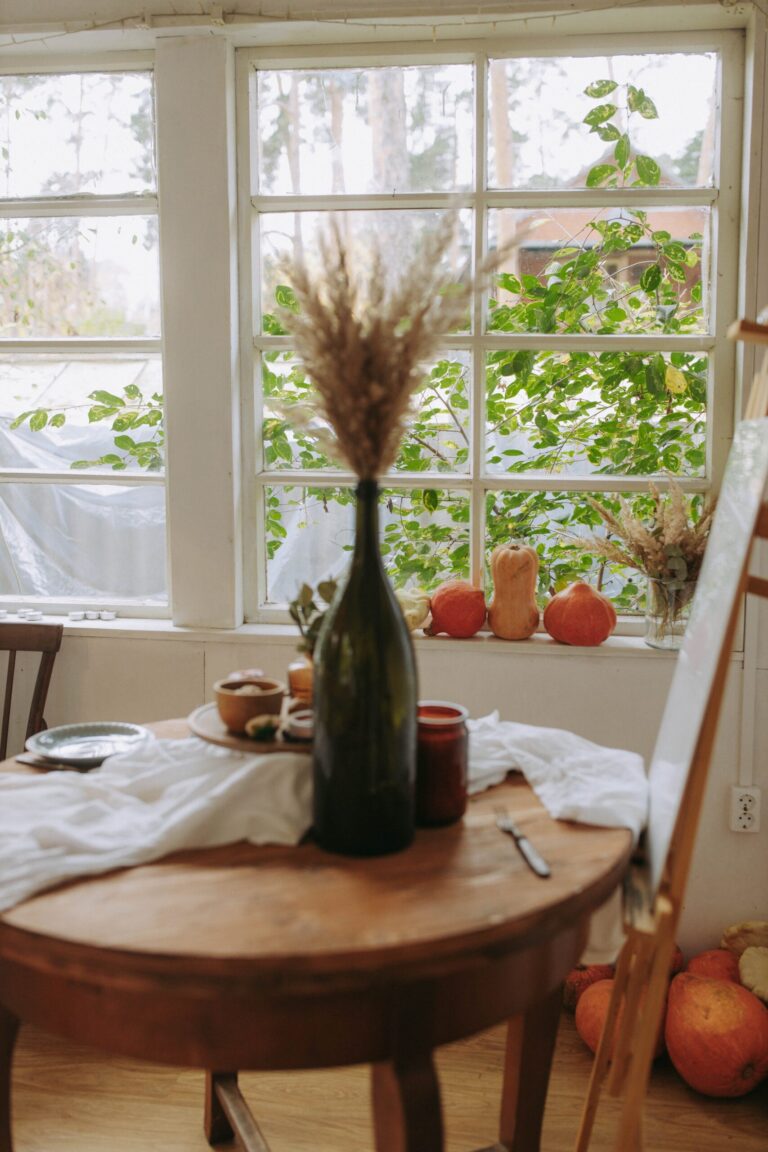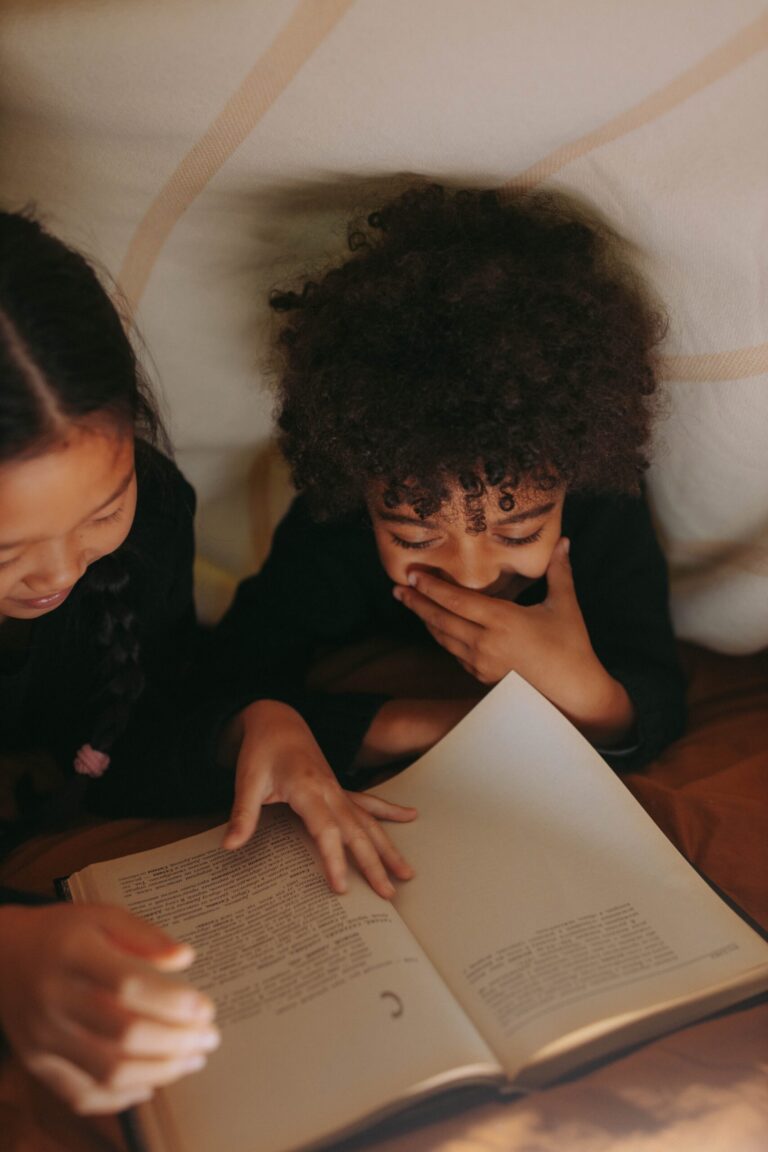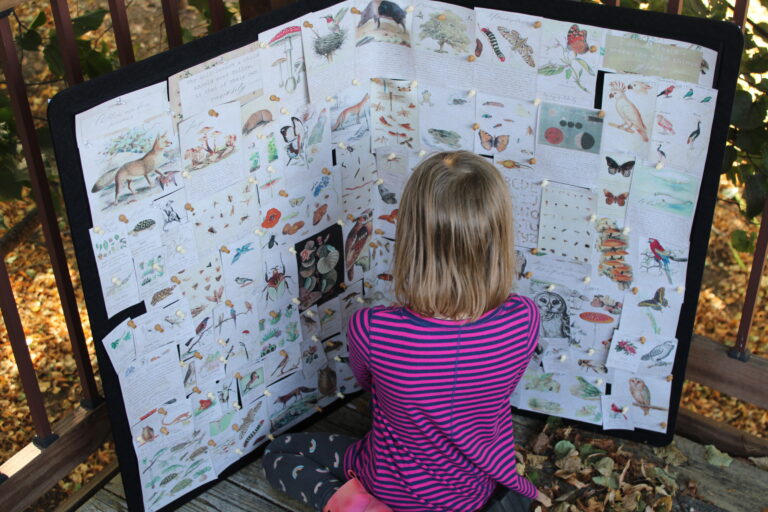How to Homeschool the Charlotte Mason Way
Charlotte Mason (1 January 1842 – 16 January 1923) was a British educator and reformer in England. She argued for an educational curriculum with a wide base. She worked for five years under Fanny Trevor at Bishop Otter College. Her holistic method is based on Charlotte’s belief that the child is a person, and we must educate that whole person. Charlotte Mason’s education is three-pronged: in her words, “Education is an Atmosphere, a Discipline, a Life.”
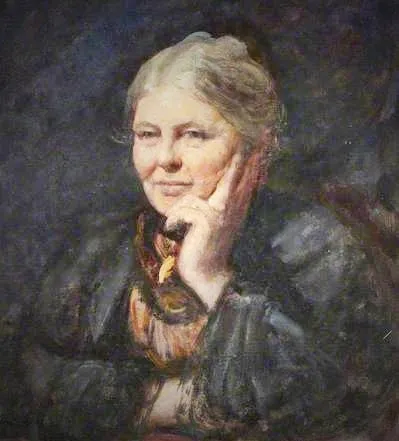
Atmosphere
Children absorb a lot from their home environment. The surroundings in which the child grows up is a form of education. Because of this Charlotte believed atmosphere makes up one-third of a child’s education. Education goes beyond lesson time. With the Charlotte Mason Method, you teach your child in all areas of life: mind, body, and soul.
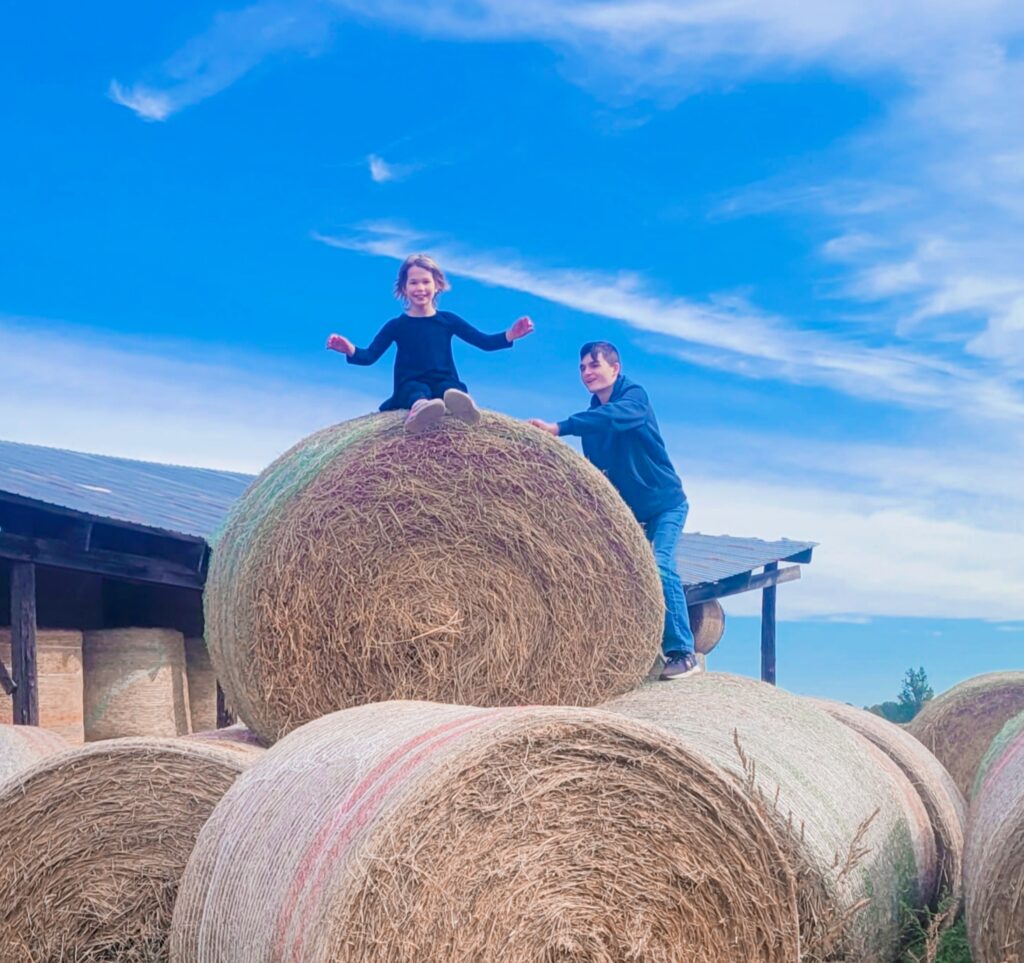
Daily Discipline
Daily discipline is the discipline of good habits and specifically habits of character. Creating good habits in your child’s life makes up another third of their education. Charlotte Mason understood the power of habits in a person’s life. Daily discipline blends home school and home life to reinforce good habits that will be used for a lifetime.
Life
Life applies to academics. Charlotte believed we should give children living thoughts and ideas, not just facts. Her methods for teaching with various school subjects are built around that concept.
For example, Charlotte’s students used living books rather than dry textbooks. Living books are usually written in narrative or story form. A living book makes the subject “come alive.”

Narrate
Narration is when a student tells back, or narrates, in their own words what was read. This helps the children secure in their minds living ideas. Children can practice using rich language as they point out the ideas they extract from the reading and any mental connections they made between it and other ideas.
The Arts and Nature
Charlotte Mason taught handwriting and spelling by using passages from living books, instead of using a list of words. If you’re a Christian, you can have your children write out Bible verses. This is a great way to memorize God’s word. She also encouraged spending time outdoors, interacting with God’s creation firsthand and learning the living ways of nature. She also introduced the works of great artists and composers. I recommend having your students spend time personally learning artists’ works.
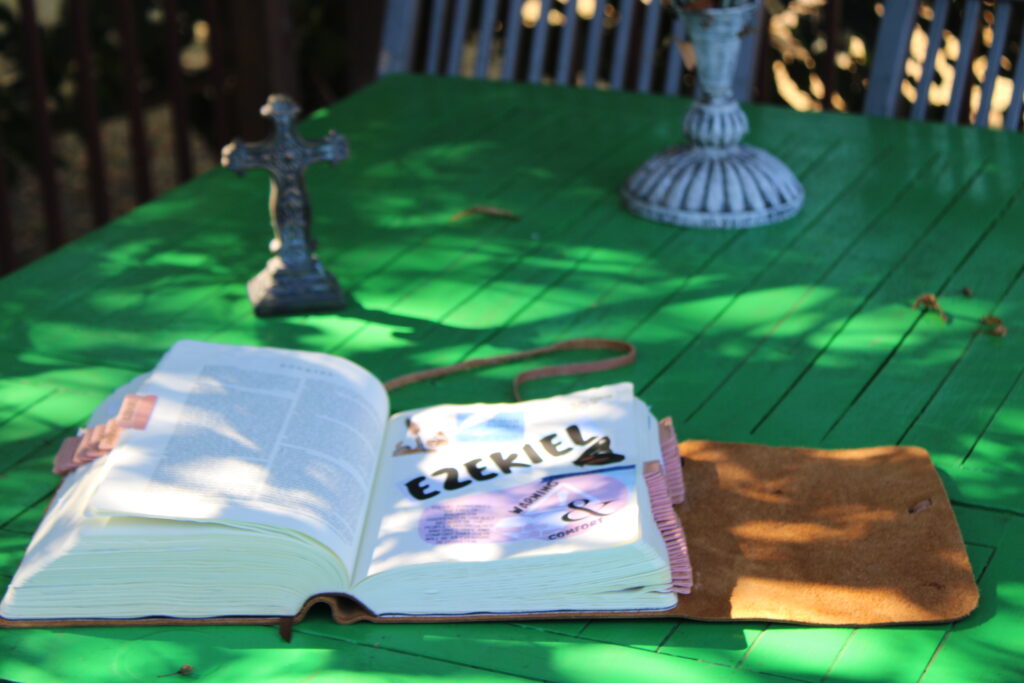
Wide Variety of Sources
Charlotte Mason believed in sharing an abundance of ideas from a variety of sources. Anything from foreign languages, to knitting, poetry, nature study, Bible, music etc.… Well-rounded people have a wide variety of interests.
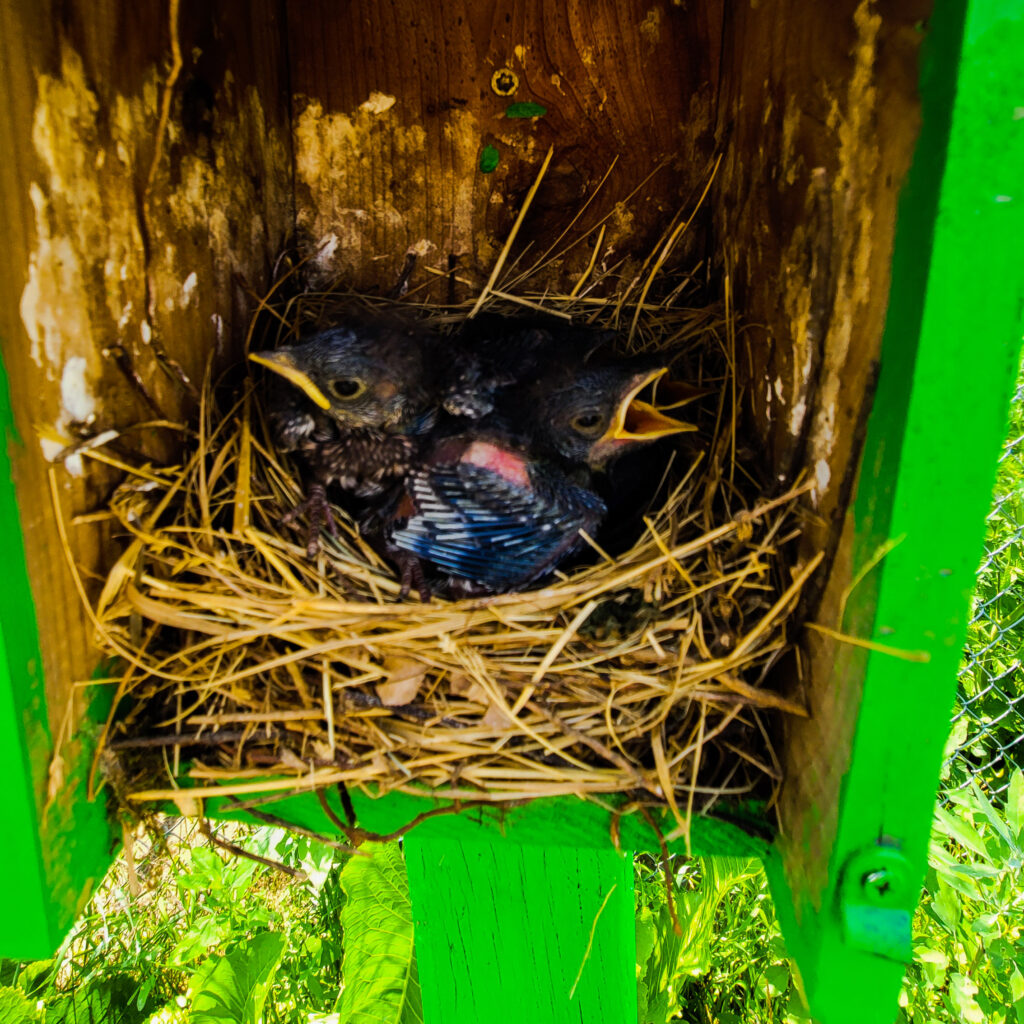
Best Efforts
Charlotte Mason believed Interwoven throughout a child’s education should be an emphasis on the habit of full attention and best efforts, designed to help the child grow. The Charlotte Mason Method reinforces foundational habits, such as giving full attention and best effort to tasks. Good habits lead to good character
Great Books Foster a Love of Learning
Stories have a way of making themselves at home in your mind. You can ponder over a good story for days, digging around in its word pictures for truth that feeds your mind and influences your life. Well-written books that make the subject come alive are best for education. Children learn best through a combination of books and things. Things like beautiful art, excellent music, and the outdoors. Charlotte encouraged children to look closely and discover new things and ideas.

Family-Style Lessons
With family-style lesson you can teach all your children together for as many subjects as possible, you’ll not only save time and money, but you’ll also create a nurturing environment for siblings. After family style lessons you can then assign older students’ additional books to go deeper and work on skill-based subjects. You can combine your children across grade levels whenever a subject is taught by topic.
Here are some of the topic-based subjects. You can add or take away these subjects to fit your family’s needs. We don’t do all these in the same year, that would be a lot!!
- Art Instruction
- Bible
- Foreign Language
- Geography
- Good Habits
- Handicrafts
- World War II
- African Geography
- Beethoven
- Knitting
- History
- Hymn Study
- Literature
- Music Study
- Nature Study
- Picture Study
- Poetry
- Scripture Memory
- Shakespeare
Skill-Based Subjects
For skill-based subjects each student should work at his or her own pace, building each new skill on the ones that come before.
These include.
- Math
- Science
- Language Arts

